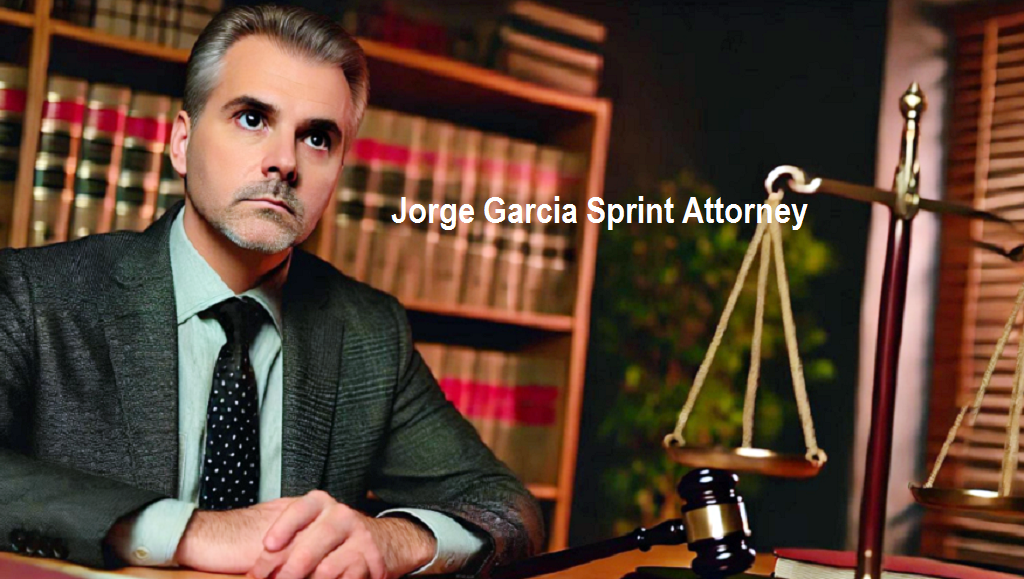UBS has filed a $200 million lawsuit against Bank of America. The suit alleges that BoA did not comply with indemnification agreements. The agreements are over toxic mortgages of the 2008 financial crisis. UBS is seeking legal fees and settlements related to the mortgage-backed securities.
This lawsuit brings new challenges to BoA. It also highlights the ongoing legal troubles linked to crisis-era loans. Investors and industry experts are closely watching this case. The outcome could set legal precedents for future financial disputes. The financial industry faces renewed scrutiny as banks continue dealing with the aftermath of past lending practices.
UBS Lawsuit Against Bank of America Explained
UBS alleges BoA must cover financial losses from mortgage-backed securities. These mortgages came from Countrywide Financial. BoA purchased Countrywide in 2008. UBS packaged these mortgages into securities and sold them to investors. Many of these loans were risky and poorly underwritten. The risky nature of these loans resulted in heavy losses for financial institutions and investors.
Regulators and investors subsequently sued UBS for these securities. UBS paid large settlements in past lawsuits. Now, it wants BoA to reimburse these costs. BoA allegedly refused to cover UBS’s legal fees and settlement payments. UBS argues that it only sold these securities based on information provided by Countrywide, which was under BoA’s control at the time of acquisition.
Why UBS is Demanding $200 Million
UBS has not fully explained how it calculated this amount. The lawsuit mentions around $53 million in legal fees. However, the remaining $147 million remains unclear. The lack of transparency raises questions. Analysts speculate that additional losses or penalties might be included in the claim.
The legal costs involve settlements paid by UBS over a decade. Many of these settlements resolved claims from investors and regulatory agencies. UBS argues that BoA should pay these costs because Countrywide misrepresented the quality of these mortgages. The lawsuit could reveal more details on how financial institutions handled crisis-era mortgages.
BoA might challenge the claim’s legitimacy. It may argue that UBS should bear the financial burden. The legal battle will determine if BoA is liable for these costs. A ruling in favor of UBS could set the precedent for similar lawsuits involving mortgage-backed securities.
Legal Background: Past Mortgage Lawsuits
UBS was sued several times for these mortgage securities. 2013, it settled a case with the U.S. Federal Housing Finance Agency for $885 million. In 2016, it settled another case with the Federal Home Loan Bank of San Francisco on a confidential basis. These were all part of larger initiatives to hold financial institutions responsible for defrauding investors.
These settlements were brought over claims that UBS misled the quality of mortgage-backed securities. UBS contends that BoA, via Countrywide, had these liabilities. BoA’s refusal to pay led to this new legal dispute. UBS insists that it is unfair to bear the financial burden alone. The lawsuit could expose more details about how banks operated during the financial crisis.
How This Lawsuit Affects Bank of America
This lawsuit could hurt BoA’s financial position. Legal battles often impact stock prices. Investors might lose confidence if BoA loses the case. The lawsuit might also lead to further claims from other financial institutions. A decision against BoA would potentially allow for more lawsuits involving mortgage-backed securities.
BoA has already faced several legal challenges related to Countrywide’s mortgage practices. This case brings revived attention to its previous actions. A loss in court could mean more financial setbacks for BoA. If BoA loses, it may have to set aside more funds to cover potential future claims.
BoA could also suffer reputational damage. Banks rely on investor trust, and a high-profile loss could affect BoA’s standing in the financial industry. Investors and analysts will closely monitor how this lawsuit progresses.
Countrywide’s Role in This Legal Battle
Countrywide had a central role in the 2008 financial crisis. It wrote thousands of subprime mortgages. Most of them were extended to customers who could not handle them. When the housing bubble burst, these mortgages became toxic. The risky lending by institutions such as Countrywide was revealed during the financial crisis.
BoA took over Countrywide’s assets and liabilities. This means BoA inherited legal risks tied to these bad loans. UBS now contends that BoA is responsible for taking mortgage losses. The lawsuit showcases how banks still suffer the legal consequences of the financial crisis.
Countrywide’s high-pressure lending practices have spawned numerous lawsuits throughout the years. This case could bring more attention to how financial institutions handle risky loans. BoA may need to defend its decision to acquire Countrywide and the liabilities that came with it.
Key Issues That Need More Attention
Many reports cover the lawsuit’s main points. However, some details remain underexplored. These include:
- Breakdown of the $200 million claim: UBS has not explained its full calculation clearly. A detailed breakdown would help analysts understand how much the claim relates to legal costs versus settlement payments.
- Impact on BoA’s financials: Potential losses for BoA have not been widely analyzed. If BoA is forced to pay UBS, it could impact the bank’s profits and financial stability.
- Legal precedents: This case might shape future indemnification claims in the banking sector. If UBS wins, other banks might seek compensation for past mortgage settlements.
- Countrywide’s past practices: Reports have not deeply explored Countrywide’s central role in the crisis. This suit might shed more light on how mortgage lenders were responsible for the financial meltdown.
These factors give a better understanding of the importance of the lawsuit. Further analysis will be required to comprehend the entire effect. Regulators and financial experts will surely scrutinize these matters in detail.
What Happens Next in the UBS vs. BoA Case?
The case is in its infancy. Court proceedings may take months or even years. UBS will introduce its evidence to the court. BoA will probably dispute the allegations and fight back hard. The result may have a precedent for future financial cases.
Both parties may reach an agreement. But if they disagree, the case will proceed to trial. A court decision may have an impact on subsequent lawsuits regarding crisis-era mortgages. The prosecution may shed additional light on how banks treated mortgage-backed securities.
Lawyers will follow this case very closely. If UBS succeeds, other banks might file similar claims. The financial industry could face new legal challenges as a result.
Conclusion: Bank of America Faces a New Lawsuit from UBS
UBS’s $200 million suit against BoA poses significant financial and legal issues. The case points to the lingering impact of the 2008 financial crisis. The case may affect BoA’s financial well-being and future legal issues. The banking sector is under closer scrutiny, with ongoing suits regarding previous lending activity.
Industry observers will be watching closely as this suit progresses. Shareholders need to keep themselves informed as the case goes through its paces. The outcome could shape the future of banking indemnification claims. The financial world awaits the next developments in this high-stakes legal battle.


